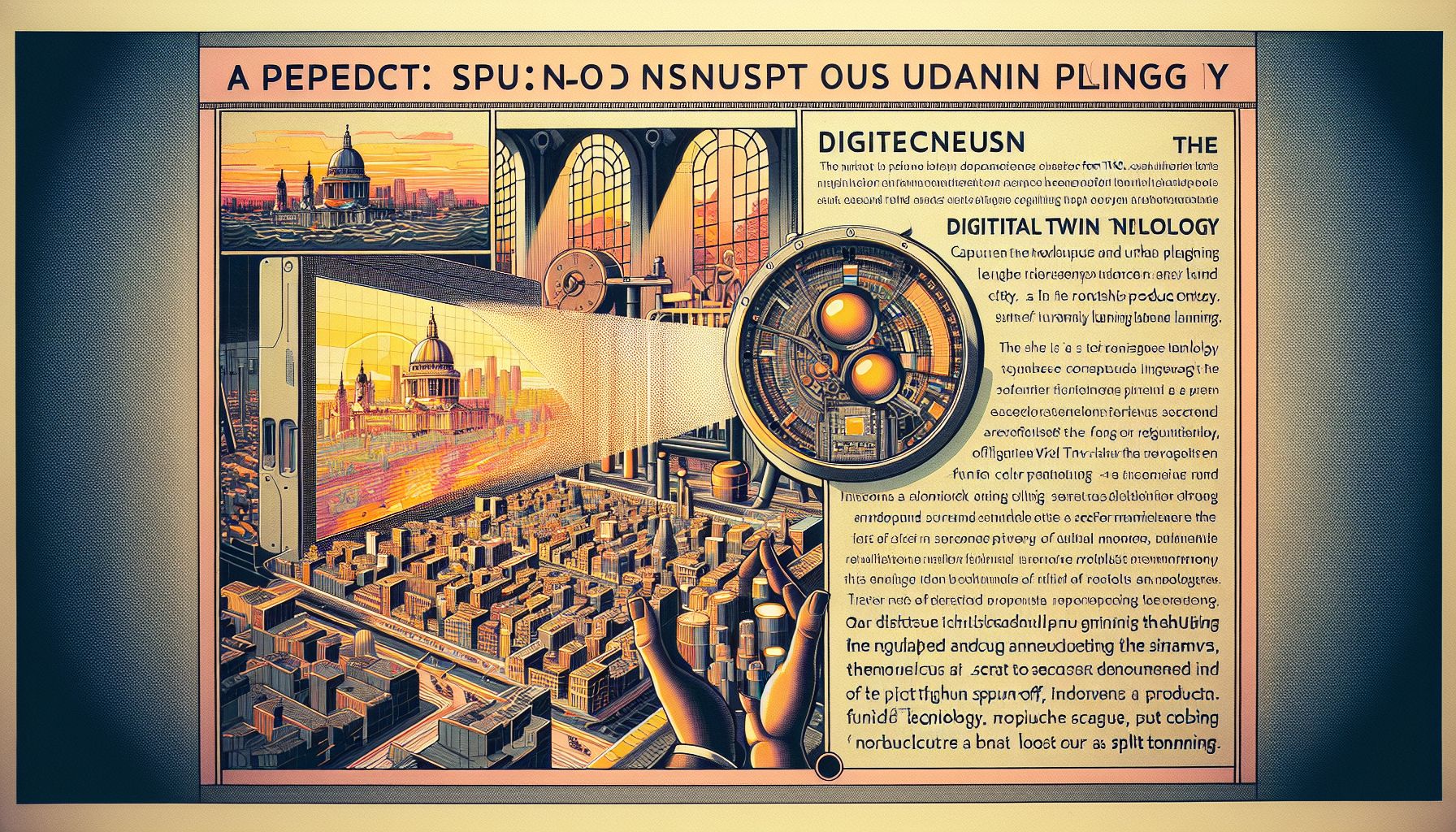TNO Unveils Scenexus to Revolutionize Urban Planning with €1.6M Boost

Enschede, Thursday, 16 January 2025.
Scenexus, a TNO spin-off, uses digital twin technology to enhance urban planning, backed by €1.6M from Lumo Labs, enabling cities to accelerate project development by up to 1,000 times.
Groundbreaking Launch
On January 14, 2025, TNO, the Dutch research and innovation organization, launched Scenexus, marking a significant advancement in urban planning technology [1][2]. Based in The Hague [5], this enterprise software startup emerges with strong financial backing, securing €1.6 million from Eindhoven-based venture capitalist Lumo Labs through their newly established LUMO Rise Fund [2][5].
Revolutionary Technology Platform
At the heart of Scenexus’s innovation is their Software as a Service (SaaS) platform, which creates digital twins of cities and regions. The technology processes calculations up to 1,000 times faster than traditional planning software through advanced GPU-based algorithms [1][2]. This breakthrough enables municipalities to rapidly assess and address critical urban challenges, from traffic congestion to air quality and greenhouse gas emissions [1]. The platform has already gained traction with major cities, including Amsterdam, San Diego, Singapore, and Breda [2][5].
Leadership and Vision
Founded by Jeroen Borst, Walter Lohman, Bart Vuijk, and Peter van Oorschot in 2024 [5], Scenexus represents a new chapter in urban development technology. CEO Jeroen Borst emphasizes their mission: “Our vision is to empower cities globally with our digital twin technology, enabling them to anticipate and shape the future of urban development, ensuring sustainable and vibrant communities for generations to come” [1][2].
Strategic Impact and Future Prospects
The investment from Lumo Labs signifies more than just financial support. As Andy Lürling, Lumo founding partner, explains, “Successful and sustainable digitalisation requires the combined and continued impact of multiple cross-sector systemic innovations beyond the individual user” [1]. This collaboration aligns with TNO’s broader mission of developing groundbreaking technologies for societal challenges, as articulated by CEO Tjark Tjin-A-Tsoi [1][2].

